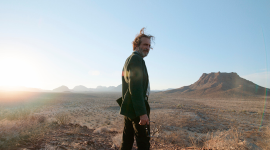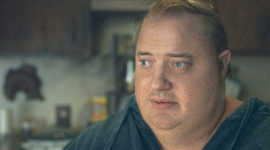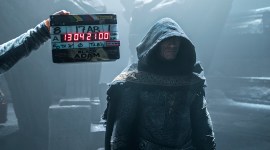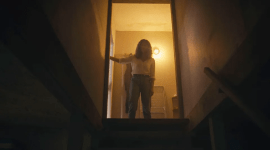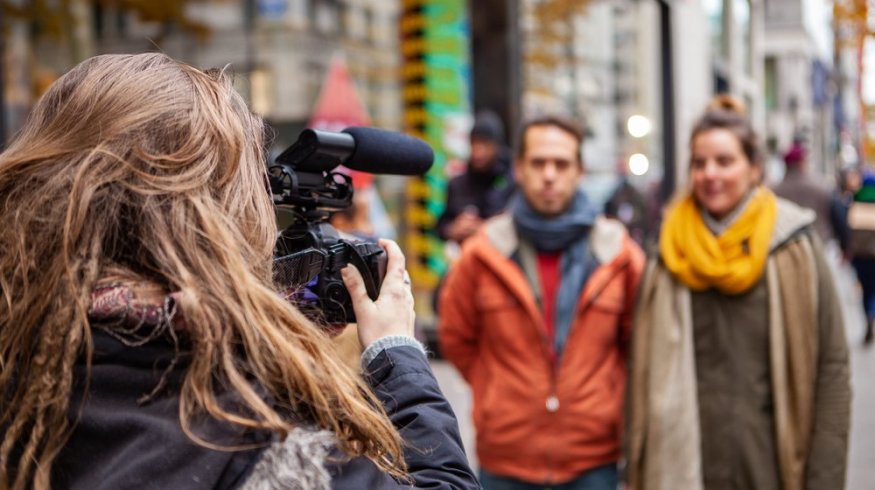
A Guide to Developing Questions During Documentary Interview Shoots
Here are a few helpful questions and tips for conducting interesting, orderly documentary interviews that develop naturally.
There is an odd mix of both excitement and terror that comes with starting a documentary project. Whether it’s a short, one-day project or the beginning of a multi-year endeavor, documentaries (by nature) are unpredictable and often tricky. Shooting interviews, in particular, can be difficult.
Ideally, a good documentary interview shoot should be a nice balance between pointed, on-topic discussions and open-ended prompts for exploring new themes and questions that pop up. This gets tricky for the shooter, director, or producer who’s asking the questions, as you need to be prepared to keep things on track but also be receptive to new information and directions.
For those looking for advice for tackling documentary interviews, and for those who need a starting point for their interviews, we have some advice on finding the right balance for your documentary interview shoots.
Basic Documentary Interview Questions

Image by Haider Y. Abdulla.
So, before we give you a list, we need to preface this article by saying that every documentary project is going to be different — sometimes vastly different. In my own experience, I’ve interviewed cowboys, CEOs, Elvis impersonators, and world-famous athletes. And, while there might be a few crossover examples, they’ve all ended up being completely different interviews.
The best way to plan is to focus on those opening questions. You can write these out and even rehearse them. These simple, boilerplate questions will not only get you off on the right foot, but they can also help both you and your interviewee get comfortable and settled before you dive into more open-ended questions and conversations.
- Can you state your name and occupation for the camera?
- How do you spell your name (and occupation if it’s tricky)?
- Can you introduce yourself, as if we’ve never met before?
- Why are you here today?
These are basically the first three or four questions I’ve asked at the beginning of every documentary shoot. The first ones are to make sure you have their information correct. You can always review this later to make sure you have all the correct spellings and their exact titles.
Basic Information — Who/What/When/Where/Why
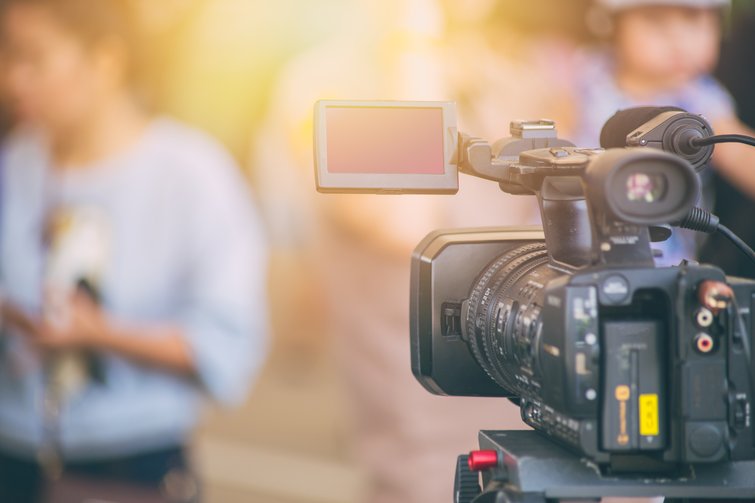
Image by Quality Stock Arts.
I’ve also found it very helpful to have footage of interviewees introducing themselves to you — or directly to the camera. You can quickly learn about how they view themselves. The “Why are you here today?” question can be another great trick for getting them to talk about some themes they might be interested in exploring during your conversation.
Overall, I’ve often tried to start off with a variation of this question (or questions) — “Who are you, what’s going on, and why does that matter?” — as a means to getting the who/what/when/where/why out of the way, early. The more basic information you can get from a documentary interviewee early on the better, as you’ll often need much of this background information when cutting your documentary together.
Here are some additional guides for conducting documentary interviews:
- Interview Tips Every Documentary Filmmaker Should Know
- 7 Reasons Why You Need a Producer for Your Documentary
- Interview: Tips for Blending Documentary and Narrative in “The Drug Runner”
Discussion vs. Questions
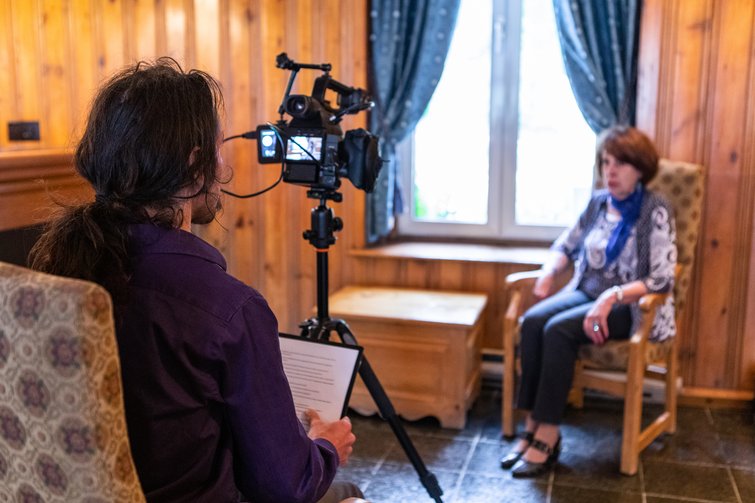
Image by Valmedia.
Once you’ve gotten your basic information out of the way — and as much expository material as you can get — your real goal is to focus on discussion rather than just asking questions. Avoid “yes” or “no” questions at all costs! Instead, I’ve often found it best to view yourself more as a conversation moderator.
In many ways, the idea of “scripting your documentary” becomes more important than the questions. Write out ideas, concepts, events, or themes that you’d like to have your documentary subject touch on, then lead them to those points.
At the end of the day, conducting a good documentary interview comes down to just how prepared and knowledgeable you are — as well as how confident you are in the interview. Be an active listener, take good notes, and ask open questions that encourage active responses.
Cover image by Valmedia.
For more documentary filmmaking advice, as well as practical filmmaking tips and tricks, check out these articles:



